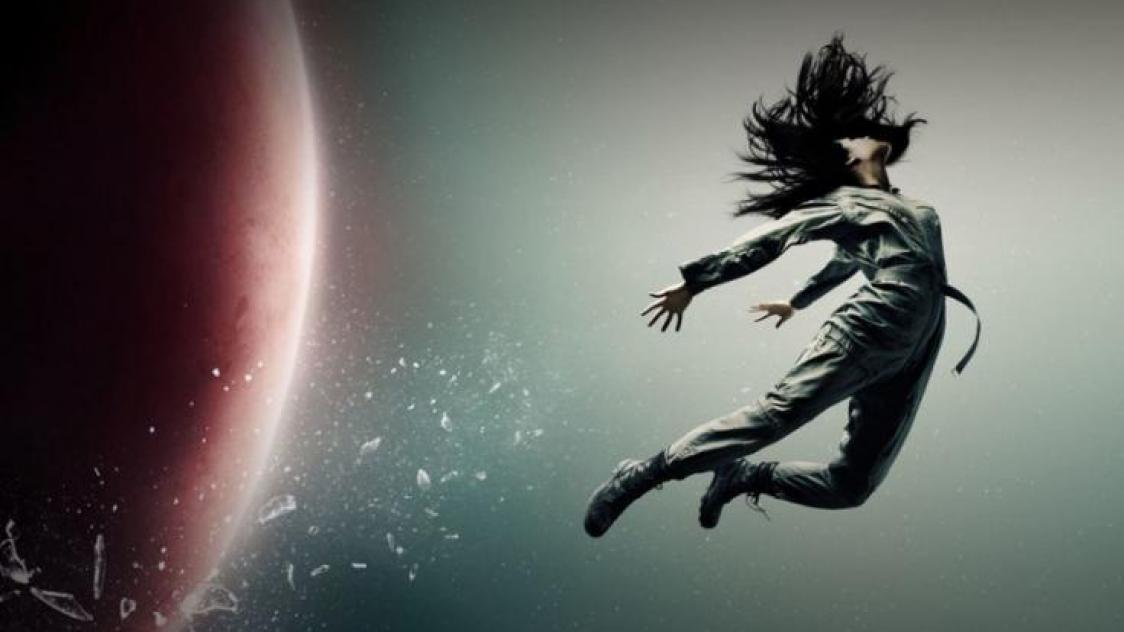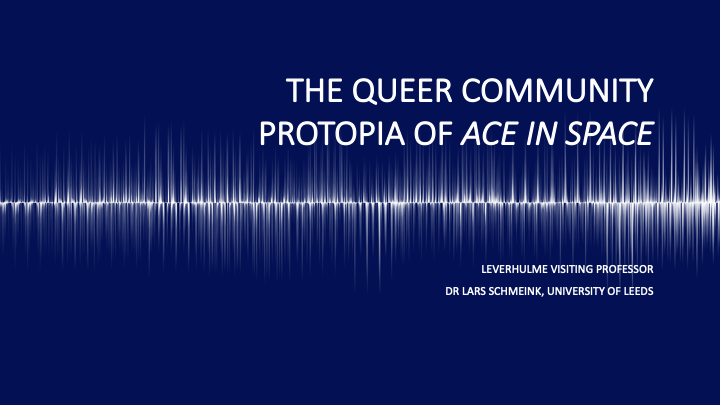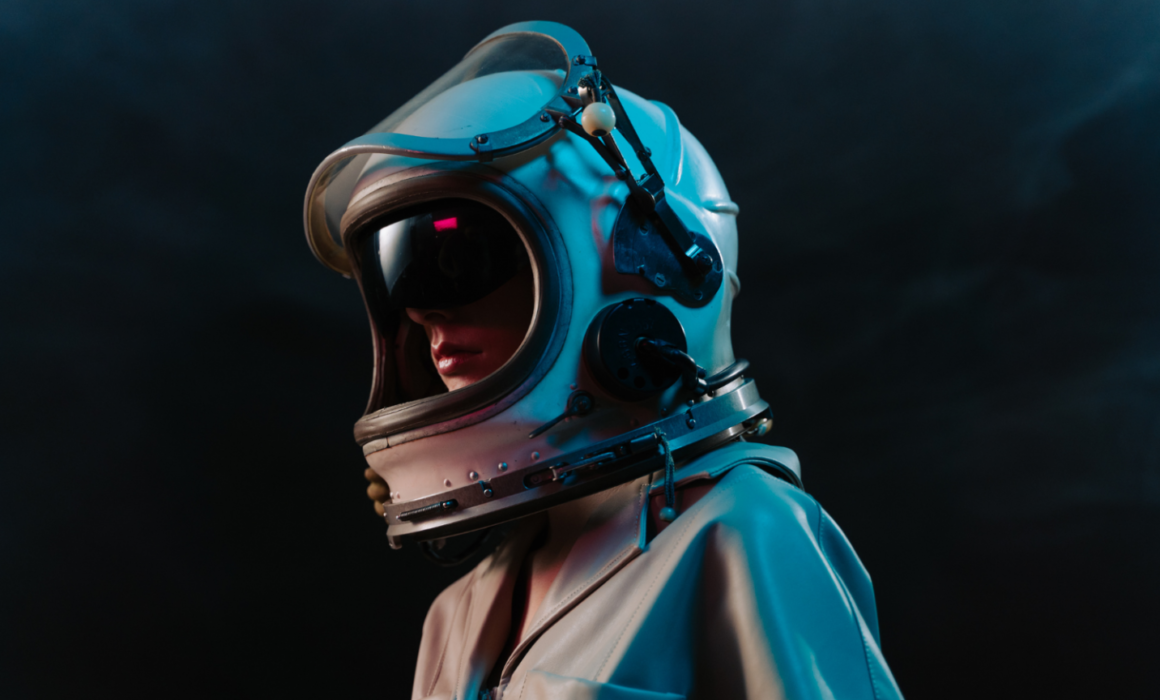The Future of Work – An Interview with Cory Doctorow
Ever since his first novel, Down and Out in Magic Kingdom (2003), Canadian author Cory Doctorow has been both a utopian dreamer and an activist based in a realistic understanding of our complex world. This is no contradiction, as his novels analyze the way our society is headed, quite accurately if you look at Little Brother (2008) and its assumption of a police state on US soil. And yet, he has also always pushed for some utopian vision of how to address the most central issues of our times, such as against overly strict copyright protections in Pirate Cinema (2012), for a globalized union movement for virtual work places in For the Win (2010), or for an alternative to our hypercapitalist mode of consumption in his last novel Walkaway (2017).
Weiterlesen








